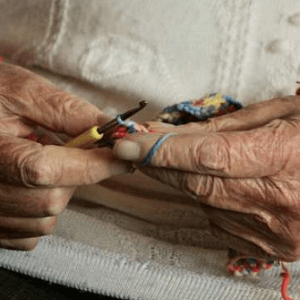A recent study led by University College London (UCL) researchers reveals that social disadvantage can accelerate aging and increase disease risk. The study, published in Nature Medicine, highlights that people with favorable socioeconomic conditions, such as high incomes or education levels, face a reduced risk of age-related diseases and show fewer signs of biological aging compared to their less advantaged peers.
The researchers found that individuals with more social advantages had fewer proteins in their blood linked to the aging process, including those connected to inflammation and the immune system. Professor Mika Kivimaki, the lead author, stated, “This study provides strong biological evidence that social conditions influence the pace of aging. For decades, we’ve known that social advantage is linked to better health, but our findings suggest it may also slow down the aging process itself.”
The study analyzed data from over 800,000 participants across four large longitudinal studies, including the Whitehall II study in the UK, the UK Biobank, the Finnish Public Sector Study, and the Atherosclerosis in Communities study in the US. Measures of social advantage included early-life factors such as education and father’s socioeconomic position, as well as adulthood indicators like neighborhood deprivation, occupational status, and household income.
The findings underscore the significant impact of social inequalities on health, with those in lower socioeconomic groups facing a 20% higher risk of age-related diseases. For some conditions, such as type 2 diabetes, liver disease, heart disease, lung cancer, and stroke, the risk was more than twice as high in the most disadvantaged group.
See: “Blood tests suggest that social disadvantage can accelerate aging and increase disease risk” (March 14, 2025)



